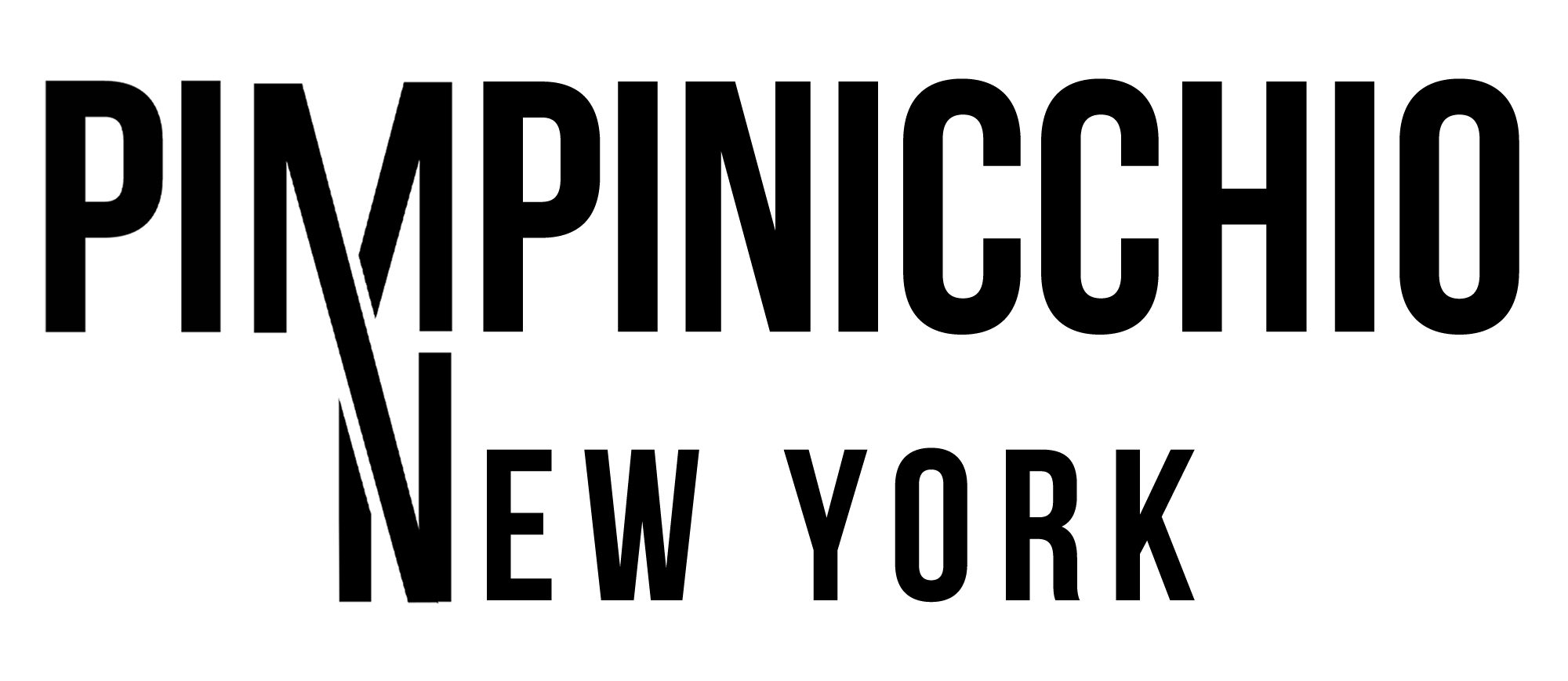As the fashion industry evolves, sustainable alternatives to traditional materials are becoming increasingly vital. Pineapple vegan leather has emerged as a revolutionary option, combining style and ethics seamlessly. In this post, we will explore the key reasons why this innovative material is not only stylish but also crucial for conservation efforts in the fashion world.
1. A Sustainable Alternative to Animal Leather
Pineapple vegan leather is a game changer when it comes to creating sustainable alternatives to animal-derived materials. Traditional leather production often involves processes that are harmful to the environment, including deforestation and chemical use. In stark contrast, pineapple leather is made from the fibers of pineapple leaves, a byproduct of the fruit industry. This means that instead of contributing to animal suffering and environmental degradation, we can utilize what might otherwise be waste.
By opting for pineapple vegan leather, we make a conscious decision to support ethical practices. This shift not only reflects our values as consumers but also encourages the fashion industry to innovate and prioritize sustainability. The transition to plant-based materials is not just a trend; it’s an essential movement toward a more responsible way of life.
2. Reducing Waste and Promoting Recycling
One of the standout benefits of pineapple vegan leather is its role in reducing waste. The pineapple industry produces a significant amount of agricultural waste, primarily from discarded leaves. By repurposing these leaves into a viable material for fashion, we not only reduce the amount of waste sent to landfills but also give new life to what would otherwise be considered garbage.
Moreover, this innovative approach promotes a culture of recycling and sustainability in fashion. Brands that use pineapple leather are paving the way for other industries to explore similar practices. Instead of relying solely on virgin resources, we can creatively leverage existing materials, making a significant impact on reducing our overall ecological footprint.
3. Support for Local Farmers and Communities
Switching to pineapple vegan leather also means supporting local farmers and communities involved in its production. Many of the producers are small-scale farmers who rely on this crop for their livelihood. The use of pineapple leaves creates a new income stream for these farmers, thereby empowering them economically and socially.
This community-focused approach not only fosters economic development but also encourages sustainable farming practices. As demand for pineapple leather rises, farmers are incentivized to cultivate their crops more responsibly, ultimately leading to better land management and conservation efforts. When we purchase products made from pineapple leather, we’re not just buying fashion—we’re investing in the communities that create it.
4. Unique Texture and Appearance
Pineapple vegan leather is celebrated for its unique texture and appearance, offering an aesthetic that sets it apart from traditional leather. Its natural look, with a subtle sheen and distinct fiber pattern, provides a fresh take on luxury materials. Designers are embracing this distinctiveness, creating stunning fashion items that embody both elegance and sustainability.
In an industry that often prioritizes uniformity, pineapple leather stands out as a breath of fresh air. It allows for creative expression and innovation, giving brands the opportunity to break from the mold. The versatility of its appearance means it can be used for a wide array of products, from handbags to jackets, all while maintaining its interior identity of sustainability.
5. Biodegradable and Eco-Friendly Properties
One of the most compelling reasons to choose pineapple vegan leather is its biodegradable nature. Unlike synthetic leathers that can take decades, if not centuries, to decompose, pineapple leather returns to the earth much faster. This fact positions it as a more responsible alternative, especially in a world where waste management is a growing concern.
By opting for biodegradable materials, we’re not only reducing our environmental impact but also paving the way for a circular economy. As these products break down, they enrich the soil, contributing to the cycle of life rather than disrupting it. This shift represents a pivotal move toward truly sustainable fashion, where longevity and environmental responsibility go hand in hand.
6. Versatile Use in Various Fashion Items
Pineapple vegan leather is remarkably versatile, making it an ideal material for a broad range of fashion items. From stylish bags to chic shoes and even dynamic outerwear, the options are endless. This adaptability means that consumers can find their aesthetic preferences without compromising sustainability.
As consumers increasingly seek eco-friendly options, brands are responding with innovative designs that incorporate pineapple leather. The result is a vibrant collection of fashion items that cater to the eco-conscious shopper. Whether you’re looking for something casual or high-end, the integration of pineapple leather into everyday fashion is nothing short of revolutionary.
7. Promoting Awareness of Sustainable Fashion
The rise of pineapple vegan leather is also instrumental in promoting awareness of sustainable fashion. As this material gains popularity, conversations around ethical sourcing and environmental impact are surfacing more frequently. Consumers are becoming more educated about their choices and the long-term ramifications of fast fashion.
Social media platforms play a significant role in spreading the word about sustainable alternatives. Influencers and conscious brands are championing pineapple leather, showcasing its aesthetic appeal alongside its eco-friendly benefits. This shift in discourse encourages consumers to make more informed choices, aligning their purchasing habits with the values they hold dear: sustainability and style.
8. A Stylish Choice for the Eco-Conscious Consumer
For the eco-conscious consumer, pineapple vegan leather presents a stylish choice that doesn’t compromise aesthetics for sustainability. With its appealing look and feel, it’s no wonder that fashion enthusiasts are gravitating toward this innovative material. Gone are the days when ethical fashion meant sacrificing personal style; pineapple leather is paving the way for a new era where the two can coexist beautifully.
Moreover, the desire for ethical fashion is growing among consumers across all demographics. Young millennials and Gen Z shoppers are particularly keen on supporting brands that align with their values. By offering products that are both chic and environmentally friendly, brands that incorporate pineapple leather are capturing the hearts—and wallets—of the modern consumer.
9. Innovations in Production Techniques
The production techniques for pineapple vegan leather continue to evolve, reflecting advancements in technology and sustainability practices. Innovations such as enzyme treatments and eco-friendly dyes are being utilized to enhance both the quality and functionality of the material. This continuous improvement allows for a streamlined production process that minimizes waste and environmental impact.
Additionally, brands are collaborating with local artisans to ensure that the production of pineapple leather is ethical and sustainable. This synergy not only elevates the craftsmanship of the final product but also enriches the communities involved. As these techniques become more refined, the possibilities for what can be created with pineapple leather are expanding, promising a bright future for sustainable fashion.
10. The Future of Eco-Friendly Fashion
Looking ahead, pineapple vegan leather is poised to play a pivotal role in shaping the future of eco-friendly fashion. As the industry moves away from harmful practices, materials like pineapple leather position themselves as leaders in the quest for sustainability. This evolution is significant, as it showcases the potential for the fashion industry to transform its supply chains and practices.
Supporting pineapple vegan leather is more than just a trend; it’s a commitment to a better future for our planet and its inhabitants. By prioritizing ethical materials, we send a powerful message to manufacturers and consumers alike: fashion can be beautiful, innovative, and responsible all at once. Thus, the embrace of pineapple leather is not only a choice for aesthetics and quality but a choice for a sustainable tomorrow.




0 commenti